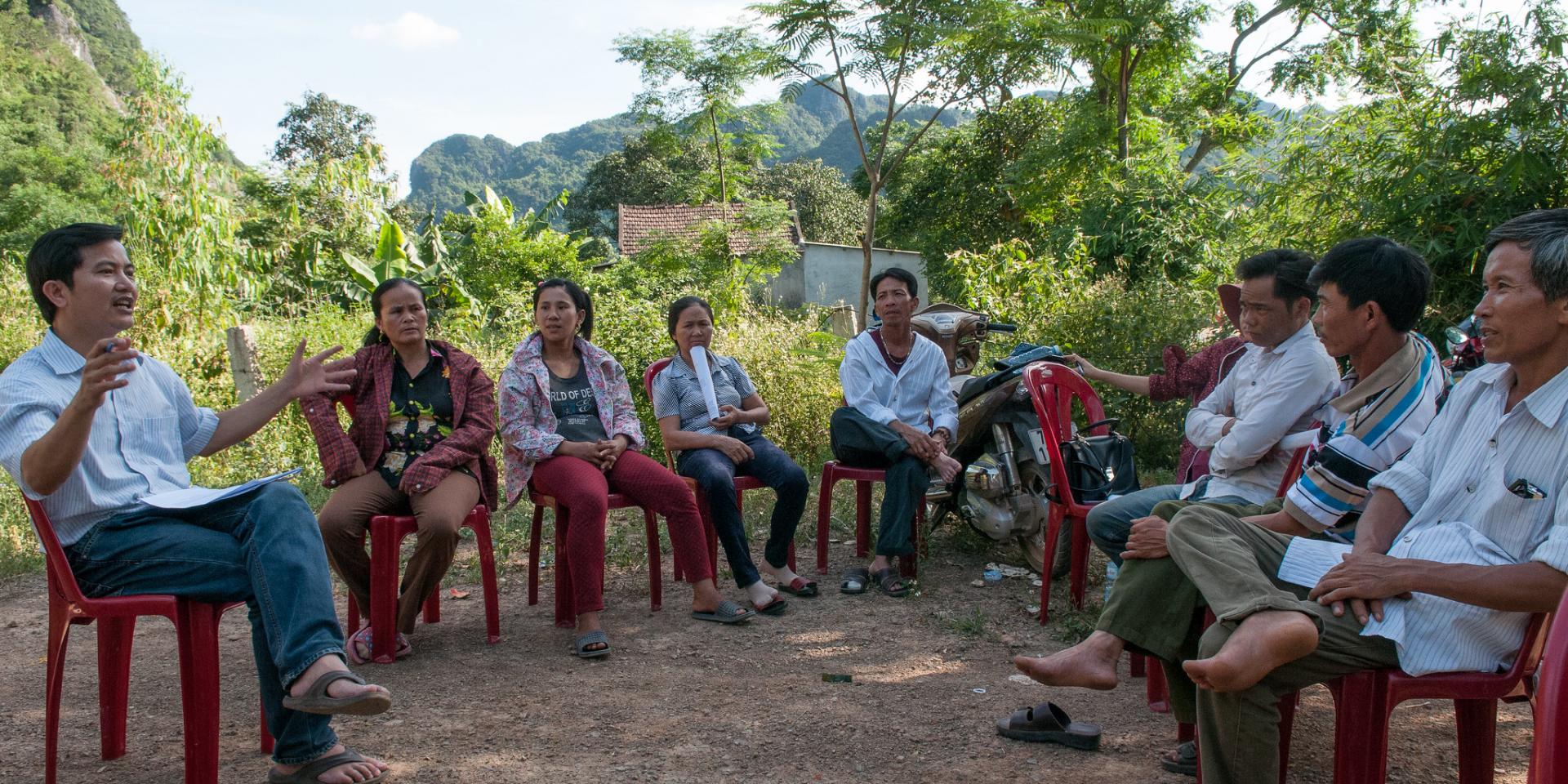Promoting Gender Equality Through Social Dialogue (Apply by May 3)

This training course seeks to strengthen the capacity of constituents in order to build results that contribute to the achievement of Sustainable Goal 5 of the UN 2030 Agenda by promoting women's participation in the decision-making tables, including this topic in the agenda of social dialogue and reaching agreements aimed at promoting gender equality in the world of work.
This course is in English
This course aims to
- Develop further knowledge on effective approaches to using social dialogue to promote gender equality;
- Strengthen the understanding and analyse the role that collective bargaining can play in promoting gender equality;
- Provide techniques and guidance on how to use workplace cooperation to promote a workplace culture towards the elimination of gender gaps;
- Promote the exchange of knowledge and best practices related to grievance handling on topics of interest within the framework of the course;
- Provide tools to promote the generation of women leadership at different levels and forms of social dialogue;
- Offer a solid theoretical and practical knowledge on the ILO principles for “gender mainstreaming” in industrial relations;
- Develop the capacity of constituents in the field of gender mainstreaming through their action programmes;
- Promote the application of the ILO’s key principles and values on this issue.
What resources do you need to do it?
Reliable internet access and the means and proper permissions to travel to Turin, Italy.
More about this training
Price: €2,530 = €1,860 (Tuition) + €670 (Subsistence)
Course format: Online 3–7 June 2024; In person in Turin, Italy 10–14 June 2024; Online 17–20 June 2024
Course code: A9717137
The course will be conducted in three phases:
- Phase 1 (3 – 7 June 2024): Online, through the completion of asynchronous activities.
- Phase 2 (10 – 14 June 2024): At the International Training Centre of the ILO in Turin, Italy
- Phase 3 (17 – 20 June 2024): Online, through the completion of asynchronous activities.
The training course will require approximately 60 hours of instruction.
The sessions will be delivered by ITCILO and ILO officials, as well as, international specialists on the field of social dialogue and gender equality. Each session will include theoretical explanations complemented by individual reflection activities, plenary discussions, group work and other highly interactive activities.
Participants will have access to a dedicated electronic platform on E-Campus, CIFOIT’s e-learning portal, accessible through a computer or any portable device.
On this electronic platform, they will find resources and activities related to the course modules. Each module includes videos, reading material, interactive resources,
practical exercises and other group activities related to the subject matter. Learning will be interactive and facilitated by a person who will provide guidance and clarification on topics and activities.
We will also use new training methodologies, including an industrial relation toolkit, through which participants will have the opportunity to interactively intervene and concretely exercise ways of approaching social dialogue and gender equality.
At the end of the course, participants will be asked to complete a final course paper in the form of a report that will offer them the possibility of receiving a Certificate of Participation.
Topics covered:
- An introduction to gender dynamics in industrial relations;
- Gender mainstreaming in industrial relations;
- Social dialogue, ILO conventions and recommendations on gender equality;
- Collective bargaining as a tool to promote gender equality;
- Workplace cooperation as a tool to create a workplace culture that promotes gender equality;
- Using grievance handling to fight gender barriers in the world of work;
- Building women leadership for social dialogue;
- Tools to advocate for gender equality.
Intended audience:
- Government, employers' and workers' representatives
- Professionals in the field of labour relations and employment from public and private sectors
- Human resources and labour relations managers and human resources personnel
- Labour administration and labour inspection personnel
- ILO Staff and other international organizations
- Trainers, consultants and researchers on labour law and gender equality
- Trainers or consultants.
Note: in the framework of the ILO's gender promotion policy, applications from women are encouraged.
Who can I contact for more information?
Email: socdial [at] itcilo.org
Access now
https://www.itcilo.org/courses/promoting-gender-equality-through-social-dialogue